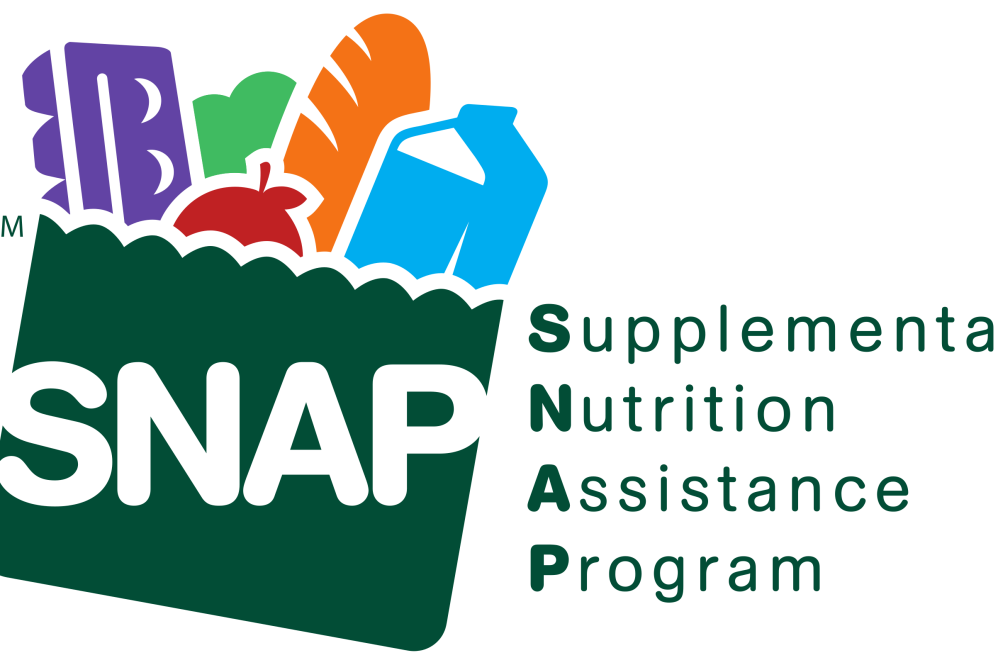Trump Administration’s Megabill Makes Changes Potentially Stripping Food Aid From More Than 3 Million Americans.
Millions of Americans who recently saw their SNAP benefits restored after the federal government reopened are now facing the prospect of losing that support permanently under sweeping changes approved earlier this year.
The Supplemental Nutrition Assistance Program, which assists roughly 42 million low-income residents with groceries and basic household needs, is undergoing a major overhaul as states begin implementing new guidance tied to President Donald Trump’s July megabill. The legislation imposes stricter work requirements, narrows eligibility for refugees and other vulnerable groups, and shifts part of the program’s cost to state governments.
According to estimates released by the Congressional Budget Office in August, more than 3 million people could be removed from SNAP rolls in the coming years. The megabill raises the upper age limit for work requirements—long set at 54—to 64 for able-bodied adults without dependents. It also tightens exemptions for parents and caregivers, limiting them only to those responsible for children younger than 14.
CBO projects that between 2025 and 2034, the revised requirements will lead to the loss of benefits for about 1.1 million people, including 800,000 childless adults and 300,000 caregivers with older children.
The law also rolls back long-standing exemptions for homeless individuals, veterans, and young adults who aged out of foster care at 18. CBO estimates those changes will affect an additional 300,000 people. American Indians were added as a new exempt group.
Advocates warn that the new rules will create significant hardships. Many SNAP recipients work low-wage or inconsistent jobs, and advocates say requiring in-person verification of employment could force people to leave work to comply, making them more vulnerable to losing both wages and benefits. Federal data shows most SNAP households include at least one working person.
Research suggests work requirements can sharply reduce program participation. A 2021 study from the National Bureau of Economic Research found that such requirements could cause as many as 53% of eligible adults to leave SNAP within 18 months.

The megabill also revokes SNAP access for refugees, asylum seekers, trafficking survivors previously certified by federal authorities, and Iraqi or Afghan special immigrant visa holders—groups that have historically qualified for food assistance. The CBO estimates that approximately 90,000 people will lose benefits due to these changes. Most non-citizens will remain ineligible except for certain categories, such as lawful permanent residents who have held a green card for five years, Cuban and Haitian entrants under humanitarian parole, and individuals covered by the Compact of Free Association.
Another major shift will require states with SNAP payment error rates above 6% to begin covering a share of benefit costs starting in 2028, beginning at 5% and potentially rising to 15%. The federal government has historically paid for SNAP, while states administer it.
CBO expects some states to maintain current program standards, while others may reduce eligibility or exit SNAP entirely due to the financial burden. Between 2028 and 2034, these changes are projected to reduce or eliminate benefits for about 300,000 additional people.
A recent analysis by the Commonwealth Fund warns that the megabill shifts roughly $128 billion in federal costs to states. Many states, the report says, may not have the resources to meet those new obligations, raising the possibility that residents could lose access to SNAP altogether.













